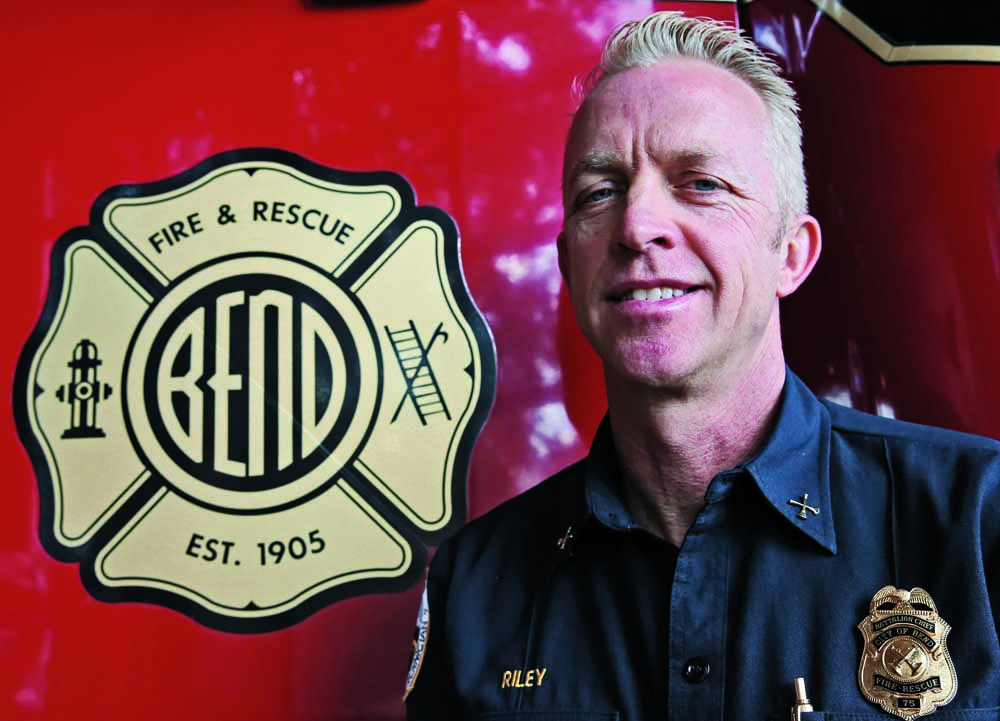Mel Patton took home 2 golds from 1948 London Olympics
Published 12:00 am Friday, May 16, 2014
Mel Patton, who overcame a badly broken leg as a child to become known as “the world’s fastest human” in the 1940s and win two gold medals in the 1948 London Olympics, died May 9 in Fallbrook, California, near San Diego. He was 89.
The University of Southern California announced his death in a statement Wednesday. Patton was a five-time NCAA champion competing for USC.
Lean, wiry and graceful at 6 feet tall, Patton was a picture-book runner who “glided rather than sprinted,” as Mal Florence, who covered track and field for the Los Angeles Times, wrote in 1983.
“He didn’t pound a track,” Florence added. “He caressed it.”
Patton won five national collegiate titles at 100 and 220 yards and broke two world records held by the Olympic champion Jesse Owens, all within three years, 1947 to 1949, earning the nickname Pell Mell. But for Patton, no year surpassed 1948 for both glory and disappointment.
It was the year he ran 100 yards in 9.3 seconds at the Fresno Relays in California, snapping the 18-year-old world record of 9.4 that he had shared with Owens and others. (He would hold the record until 1961.) His picture appeared on the cover of Time magazine. But it was also the year he suffered the only defeats of his career.
Two of them came in the U.S. Olympic trials in Evanston, Ill., where Harrison Dillard beat him in the qualifying heats and Barney Ewell in the final.
The London Olympics
Still, he qualified for the London Games, the first to be held since the Berlin Games of 1936, before the outbreak of World War II.
In London he was favored to win three gold medals, starting with the 100 meters. But the Olympics opened during a heat wave.
“It was hot and humid in London that summer,” Patton recalled. “It had an effect on me. The most I ever weighed at the time was 151 pounds and was down to 143 then. I was pretty disturbed before the 100. I wasn’t running on all eight cylinders. I wasn’t physically strong.”
Surprising everyone, Dillard, who had turned to the 100-meter dash when he unaccountably failed to make the American team as a high hurdler, won the Olympic gold medal in the 100. Ewell finished second. Patton, never a factor in the race, was fifth.
“I was unbelievably disappointed,” Patton said, “but it wasn’t the end of the world. I still had the 200.”
The weather turned cooler for the 200-meter final, and Patton felt his energy restored. Over a mushy clay track, he won by a foot in 21.1 seconds. His second gold medal came as anchorman for the U.S. team in the 4×100-meter relay.
The next year he broke another Owens record, by a hair, running 220 yards in 20.2 seconds. Owens had run it in 20.3 seconds 13 years earlier.
Patton had been considered a shoo-in for the 1948 Olympic 100 on the strength of his record-shattering performance in Fresno that May. The event had a five-man field, but all eyes were on Patton and his biggest rival, the great Jamaican sprinter Lloyd La Beach, who was then living in Panama (which he would represent in the London Games).
Patton, married with a 23-month-old daughter, had been eager to get to the Olympics and succeed there in the hope of landing a coaching job afterward.
“The race generated a terrific emotional tension,” Collier’s magazine wrote in a July profile of Patton.
The official referee was the legendary football coach Amos Alonzo Stagg, a child of the Civil War who, at almost 86, was the oldest working coach in America. After four false starts, in windless 90-degree heat, Patton burst into the lead, but La Beach surged and at 80 yards “threw himself forward in a mighty lunge and only missed collaring Patton by six inches,” Collier’s wrote.
Patton played down his victory, telling the magazine: “Honestly, I didn’t feel I ran a good race at Fresno. I know in my heart that I didn’t run that last 40 yards in good form. I felt I was floundering, trying to get to the tape.”
From broken leg to ‘world’s fastest human’
Melvin Emory Patton was born on Nov. 16, 1924, in Los Angeles. When he was 8, he was hit by a truck outside his home, and his left leg was shattered an inch below the hip.
“I was fouled up for six months,” he said years later. “I still remember lying on that hospital bed with my leg jacked up in the air by ropes and pulleys.”
He recovered, and at 12, at a May Day celebration at school, he won a race against a dozen classmates. His father, a lineman for a municipal power company, wanted him to play baseball, but a physical education teacher steered him to track.
Jim Pursell, his coach at University High School in West Los Angeles, taught Patton to explode out of the blocks, drive hard for 50 yards, then float at top speed. As Patton remembered it, “You just settle down and go along for the ride.”
He entered the University of Southern California after two years in the Navy. There were no athletic scholarships for track then, and he paid for his schooling and supported his wife and daughter on a $90-a-month GI allowance ($885 in today’s money) and a $60-a-month part-time job sweeping halls.
He earned bachelor’s and master’s degrees in physical education and later did coach track, at Long Beach City College in California (1949-55) and the University of Wichita (now Wichita State) in Kansas (1955-56). He later directed the national sports programs of Saudi Arabia, managed an electronics company and worked with an executive search firm.
He married Shirley Ann Roos in 1945. She survives him, along with their daughter, Susan; their son, Gary; five grandchildren; and a great-grandchild.







